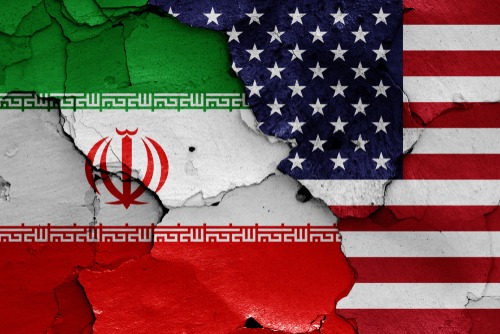
Through the newly introduced Space Technology and Regional Security (STARS) Act, United States Sens. Joni Ernst (R-IA) and Jacky Rosen (D-NV) seek new strategies and data-sharing agreements to curtail Iranian space activities.
“The next step to ending Iranian aggression is by deepening the United States’ international space partnerships to improve awareness of the Middle East,” Ernst said. “After the success of the DEFEND Act and MARITIME Act in intercepting Iran-backed attacks at land and sea, the STARS Act will adapt this model to space and use 21st Century technology to deter Iran.”
Ernst and Rosen also heavily promoted the MARITIME and DEFEND acts, which ultimately required the Department of Defense (DoD) to work with allies in the Middle East to suppress maritime threats from Iran and other organizations and create an air and missile defense architecture in the region, respectively.
This legislative spiritual successor would extend those defensive measures to space and to satellites, as the co-chairs of the Abraham Accords Caucus push DoD to develop new strategies and agreements with allies. With the Abraham Accords as a base, the STARS Act would require DoD to create a plan and data-sharing agreement for its Middle East partners and allies in the Middle East – like Israel – and set up greater space and satellite security coordination.
In this way, the U.S. could also improve its space situational awareness.
“As Iran and its terrorist proxies escalate their aggression against Israel and continue to destabilize the Middle East, it’s critical that we work with our allies in the region to bolster collaboration in all areas of defense,” Rosen said. “I’m proud to introduce this bipartisan legislation to strengthen space and satellite security cooperation with our allies and partners in the Middle East and improve collective security to address urgent threats from Iran.”
Iran’s own space efforts are led by the Iranian Space Agency (ISA), which completed its first orbital launch in 2009. It was also one of the 24 founding members of the United Nations Committee on the Peaceful Uses of Outer Space. That committee now hosts 102 members. Notably, despite its involvement in that committee, Iran has not ratified the Outer Space Treaty, which is the basis of international space law.




